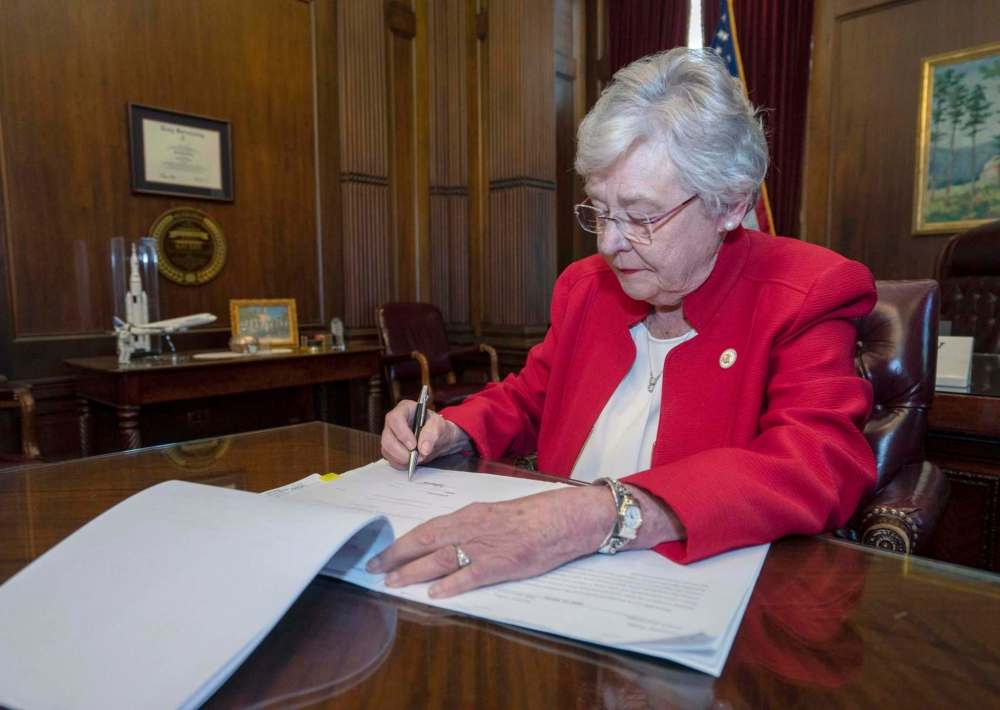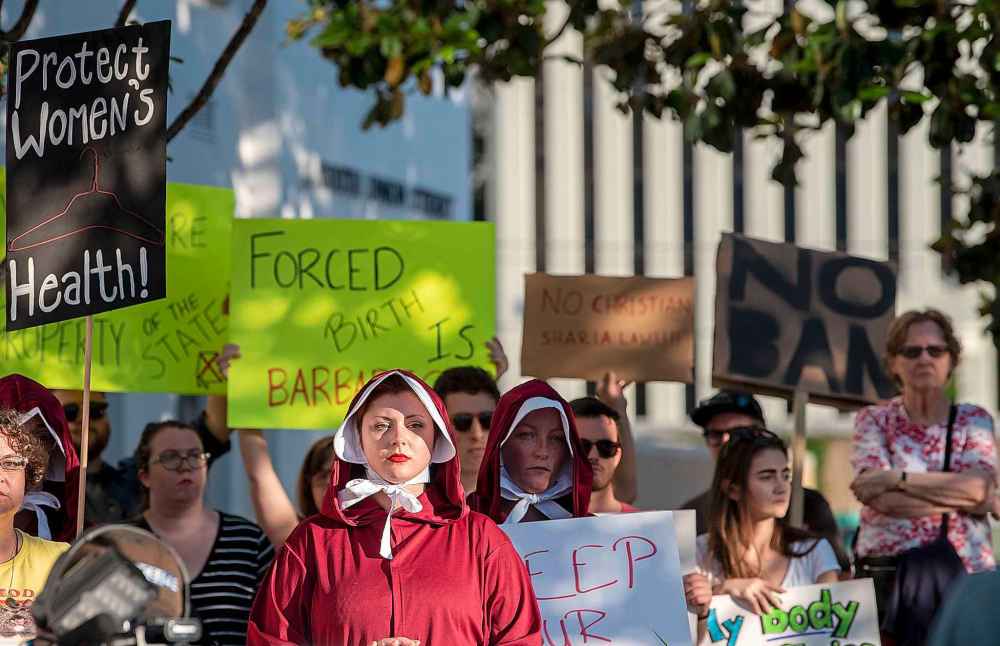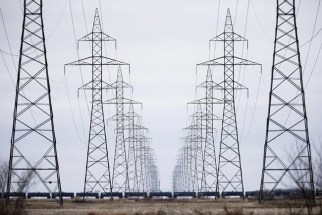New laws set stage for Roe v. Wade challenge
Read this article for free:
or
Already have an account? Log in here »
To continue reading, please subscribe:
Monthly Digital Subscription
$0 for the first 4 weeks*
- Enjoy unlimited reading on winnipegfreepress.com
- Read the E-Edition, our digital replica newspaper
- Access News Break, our award-winning app
- Play interactive puzzles
*No charge for 4 weeks then price increases to the regular rate of $19.00 plus GST every four weeks. Offer available to new and qualified returning subscribers only. Cancel any time.
Monthly Digital Subscription
$4.75/week*
- Enjoy unlimited reading on winnipegfreepress.com
- Read the E-Edition, our digital replica newspaper
- Access News Break, our award-winning app
- Play interactive puzzles
*Billed as $19 plus GST every four weeks. Cancel any time.
To continue reading, please subscribe:
Add Free Press access to your Brandon Sun subscription for only an additional
$1 for the first 4 weeks*
*Your next subscription payment will increase by $1.00 and you will be charged $16.99 plus GST for four weeks. After four weeks, your payment will increase to $23.99 plus GST every four weeks.
Read unlimited articles for free today:
or
Already have an account? Log in here »
Hey there, time traveller!
This article was published 16/05/2019 (2400 days ago), so information in it may no longer be current.
In the race to roll back women’s rights in the United States, Alabama has taken the lead.
This week, the southern state earned the dubious distinction of having the most restrictive abortion law in the United States: a near-total ban, blocking women from terminating a pregnancy at any point, for any reason, except if the woman’s health is at serious risk.
On Wednesday, Republican Alabama Gov. Kay Ivey signed the bill into law. “This legislation stands as a powerful testament to Alabamians’ deeply held belief that every life is precious and that every life is a sacred gift from God,” she said in a statement to the New York Times.

The Alabama law is an extreme measure. There are no exceptions in cases of rape or incest, and the law also criminalizes abortion for doctors, who could face up to 99 years in prison for providing a legal medical procedure — 84 years longer than a maximum sentence for rape.
Alabama may now have the most strict abortion law in the U.S., but it is not an outlier. North Dakota, Georgia, Ohio, Kentucky and Mississippi have also passed aggressive abortion restrictions this year. Eleven more states are considering six-week abortion bans in 2019. A day after Alabama, Missouri passed a bill that would ban abortion after eight weeks. Louisiana is also set to move on legislation.
These so-called fetal-heartbeat bills prohibit abortion as soon as the fetus’s heartbeat can be detected, which is usually around six or seven weeks — roughly when most women find out they are pregnant. That’s by design: making an abortion impossible to get is an effective ban.
Heartbeat bills were once a fringe idea among radical anti-abortion activists, and have almost always been ruled unconstitutional by the courts. Now, some are getting passed.
The current rush to legislate is part of a systematic campaign to overturn Roe v. Wade, the landmark 1973 ruling recognizing a woman’s constitutional right to choose. Reversing the protections enshrined by Roe v. Wade could radically alter the lives of women in the United States.
Politicians who oppose abortion have been trying to erode Roe v. Wade since the day it was handed down, but the Trump administration’s recent push to install conservative judges — most notably, with the appointments to the U.S. Supreme Court of justices Neil Gorsuch and Brett Kavanaugh — has been an accelerant. And the passage at the state level of extreme legislation that will be challenged all the way to the Supreme Court is the next step on the way to anti-abortion Republicans’ ultimate endgame.
In the view of abortion-rights activists, women’s reproductive rights aren’t just being rolled back; they are under attack.

Outlawing abortion does not result in fewer abortions. It results in botched procedures and women getting sick and dying from infection. It results in deferred dreams and keeps women in poverty.
The politicians whose legislation forces women to give birth are often the same ones who don’t believe in funding comprehensive sex education, or providing accessible contraception, or developing a child-care strategy.
When Ms. Ivey says “every life is precious,” it’s clear she doesn’t mean the lives of the living girls and women who will be harmed by this law.
Alabama’s new law, and others like it across the U.S., signal a fundamental realignment of America’s political and judicial underpinnings — one that many Canadians will be watching closely as the political winds on this side of the border also continue to change.











